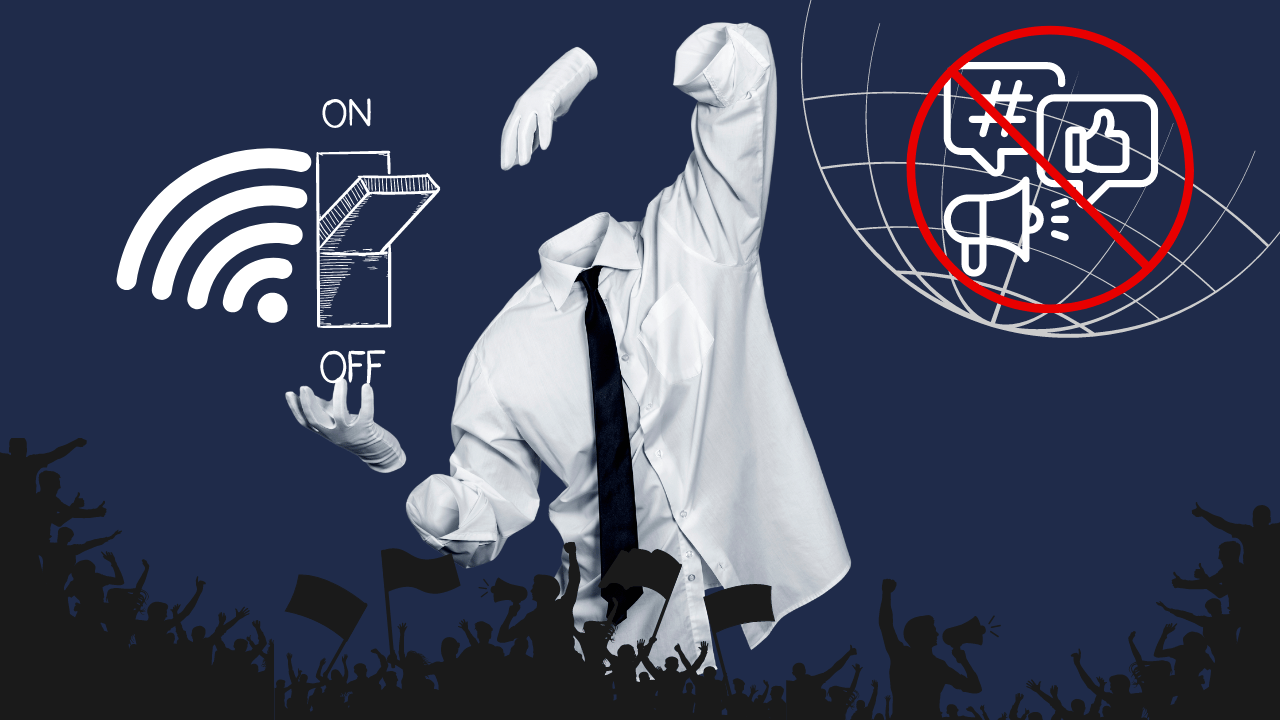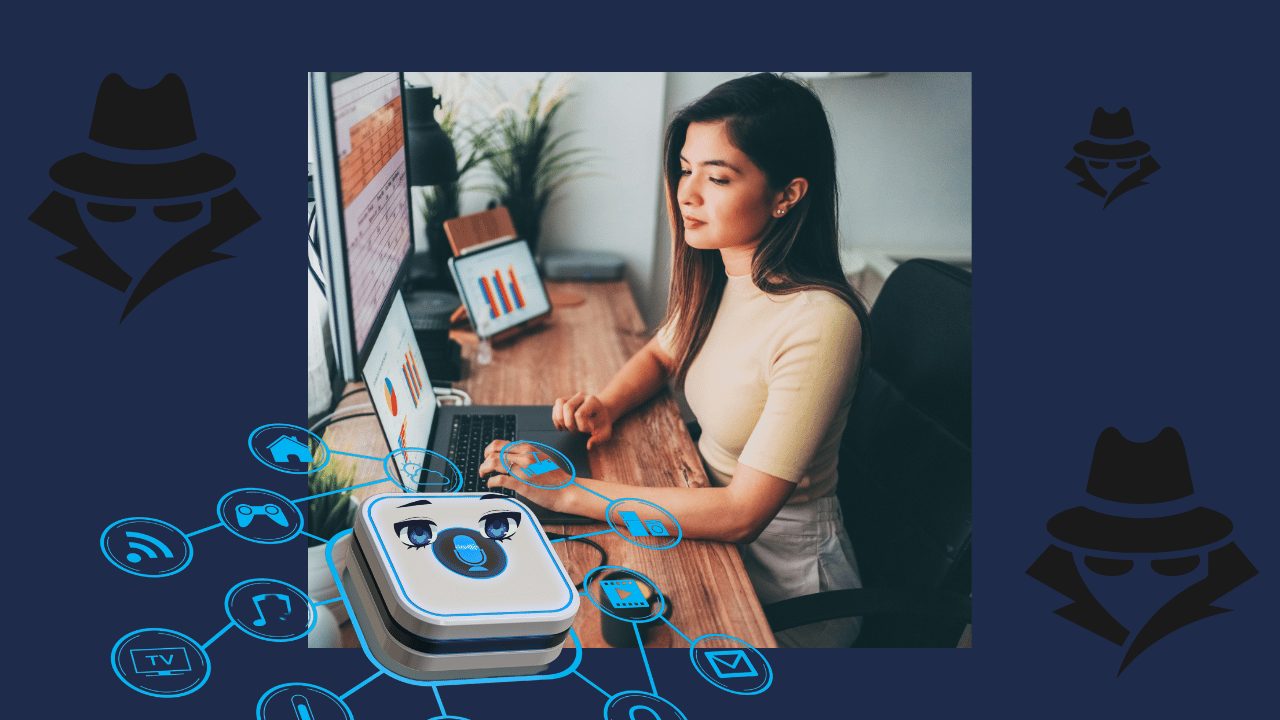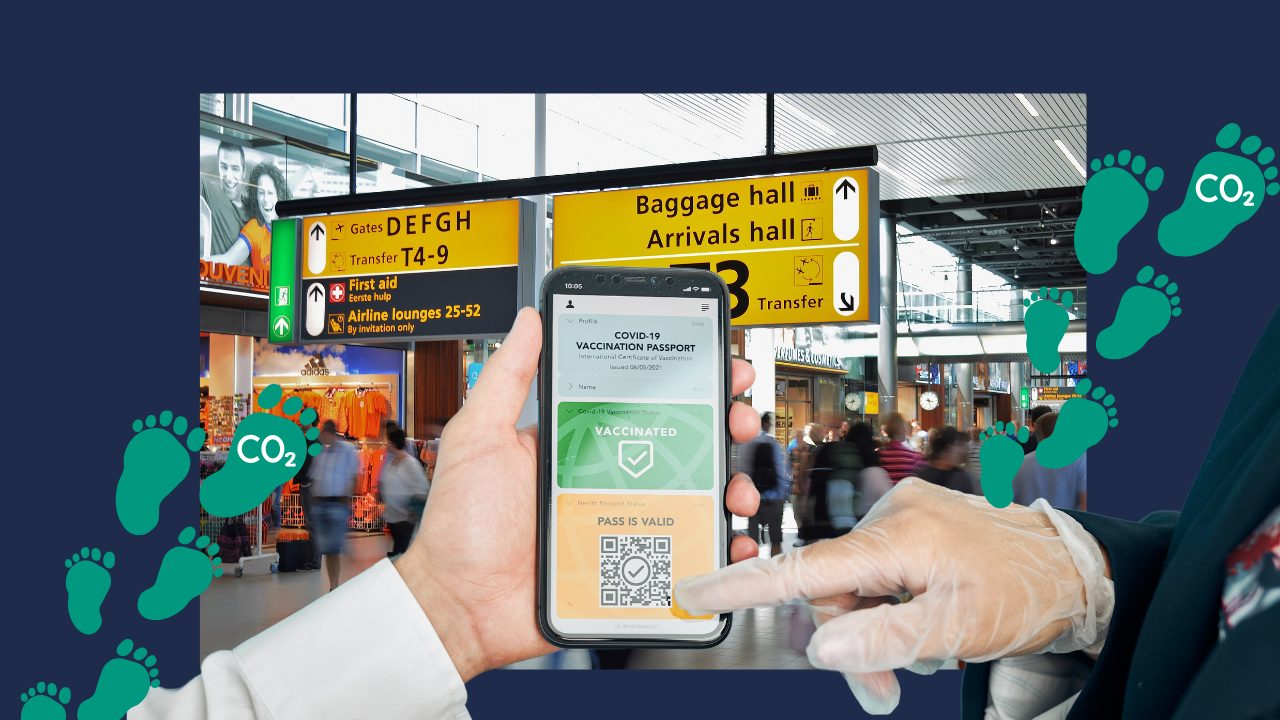We all growth watching movies about police “stakeout”, this is a strategy of non-stop surveillance where officers hunker down in a car or chill in an apartment across the street, keeping a close eye on a suspect’s digs. Well, since the development of technology, police departaments all over the world are finding new ways to “stakeout” without cops swapping shifts, fatigue sets in, expenses add up, and eventually, the criminal catch on that they’re under the watchful gaze.
So, you’ve probably noticed those video cameras popping up like daisies all over the place, from city streets to public squares. Yeah, those sneaky Closed-Circuit Television (CCTV) cameras have become the new police of our lives.
Blame it on terrorism fears or the fact that cameras are getting cheaper, but these little spies are here to stay. Now, before you think I’ve got something against technology, let’s just get one thing straight: there’s no denying that the idea behind these cameras has some logic to it. But, hold on a second! There are big reasons why this whole public surveillance thing might not be as peachy as it seems.
Police from all over the world, though, technology allows police to avoid these practical limitations, conducting surveillance for months on end using small, hidden digital cameras that can be panned and zoomed from afar and that transmit video back to police to be stored indefinitely and reviewed at law enforcement’s leisure.
The myth of anti-crime cameras
Now, don’t get me wrong – I get it. The idea of these cameras is to keep us safe, right? Like, catch the bad guys in the act and all that jazz. But here’s the reality check: these cameras aren’t exactly scaring away terrorists.
Alright, so the big pitch for these cameras is that they’ll help to deter bad guys from causing chaos. But here’s the catch – criminals aren’t exactly camera-shy, and they’re not about to start worrying about being on the evening news. They’re not about to say, “Oops, there’s a camera, let’s cancel the mission!” Nope, that’s just not how they roll.
In fact, they might even enjoy their fifteen minutes of fame.
Plus, let’s talk about the elephant in the room: the cost. Ever heard about Britain’s obsession with cameras? Well, they’re spending 20% of their crime-fighting budget on these things. Is it really worth it? Studies have shown that these cameras don’t exactly work wonders when it comes to reducing crime. Crime rates keep on trucking regardless of how many cameras are flashing. Crime rates are like stubborn weeds; they keep growing no matter how many cameras are watching.
Experts even found that after only 20 minutes of staring at screens, the attention of most folks drops lower than a kid at school.
The Dark Side of Cameras
If you thought cameras were just about catching bad guys, think again. Is catching all of us. Unwanted Spotlights: These cameras are run by humans, and let’s be honest, humans bring their baggage. In places like Britain, camera operators have been caught gawking at people of color a bit too much. Not cool.
Ever feel like someone’s watching you? Well, with these cameras, it’s not just a feeling – it’s reality. And that reality can turn our public spaces into something straight out of a sci-fi movie. When you know a camera might be staring you down, you suddenly become the star of your very own reality show.
I know you’re thinking, “Maybe we can control these cameras, right?” Well, here’s the twist – we’re not exactly sure where the line should be drawn.
It’s like giving a kid an endless supply of candy and hoping they’ll stop eating before they get sick. The thing is, these cameras have the potential to evolve into something we didn’t sign up for.
Bored operators might just use these cameras to play voyeur. You heard it right. Some dudes use their zoom lenses for some creepy late-night entertainment. Or police officers cops using their fancy surveillance tools to track down their ex-spouses or to intimidate innocent drivers after a fender-bender. It’s like a recipe for a reality TV show gone wrong.
Think cameras reading pamphlets from a mile away or having night vision like a superhero. But do we really want this invasion of our personal lives?
This means, that our problem is not only to be recorded and storage in data bases from the police, for every technological development there is always a company whom owns and can have access to the records, this includes employees and also, hackers and criminals that might want to have this records. Here are three examples of this:
Researches found that cameras in cellular phones or commercial surveillance systems can be used to record power light emitting diodes (LEDs) from up to 60 feet away from a device, thus capturing encryption keys. This new weakness exploits two previously known side-channel attacks, a class of attacks measuring physical effects “leaking” from a device as it performs its operations.
Last april, former employees from Tesla passed around videos taken in car owners’ private garages and other interesting recordings captured by the cameras built in to the company’s vehicles, Reuters reported today. “We could see them doing laundry and really intimate things. We could see their kids,” according to one of nine former employees who told the news agency about the practice.
Surveillance camera manufacturers have also been found accessing the data from their devices. Hackers broke into the servers of the company Verkada in 2021 and discovered that it had a secret backdoor into roughly 150,000 cameras around the world installed by its customers, which permitted the company to view video from any of those cameras at any time.
In 2017, a security researcher discovered that Hikvision, a Chinese camera manufacturer which then had 12 percent of the U.S. surveillance camera market, had a backdoor that allowed access to any of its cameras. (Hikvision was subsequently banned by the U.S. government.)
The Final Verdict: Weighing the Pros and Cons
So these cameras promise safety, but do they deliver? Not exactly. They’re like that flashy gadget you buy thinking it’ll change your life, but then it ends up gathering dust on a shelf. They’re expensive, and let’s be real, they’re not stopping criminals from doing their thing. Instead, they’re making us all feel like we’re in some twisted reality show where everyone’s watching. And the potential for misuse? We’ve got cops abusing databases, institutions going rogue, and creepy voyeurism. And to top it off, there are no clear rules or limits for these cameras. It’s like a wild west of surveillance.
So, here’s the deal: before we let these cameras invade every nook and cranny of our lives, maybe we should stop and think.
Because, let’s face it, these cameras might not be the crime-fighting superheroes we thought they were. It’s time to hit pause, think twice, and maybe even give Big Brother a run for his money.












